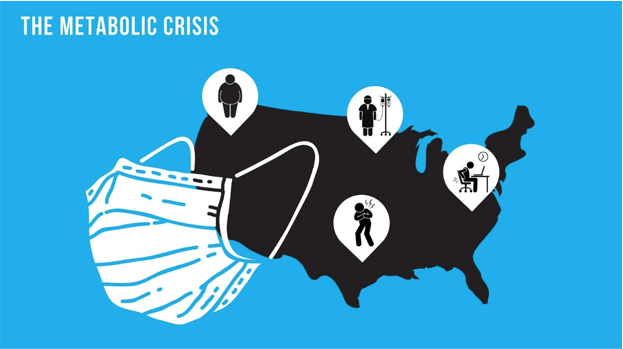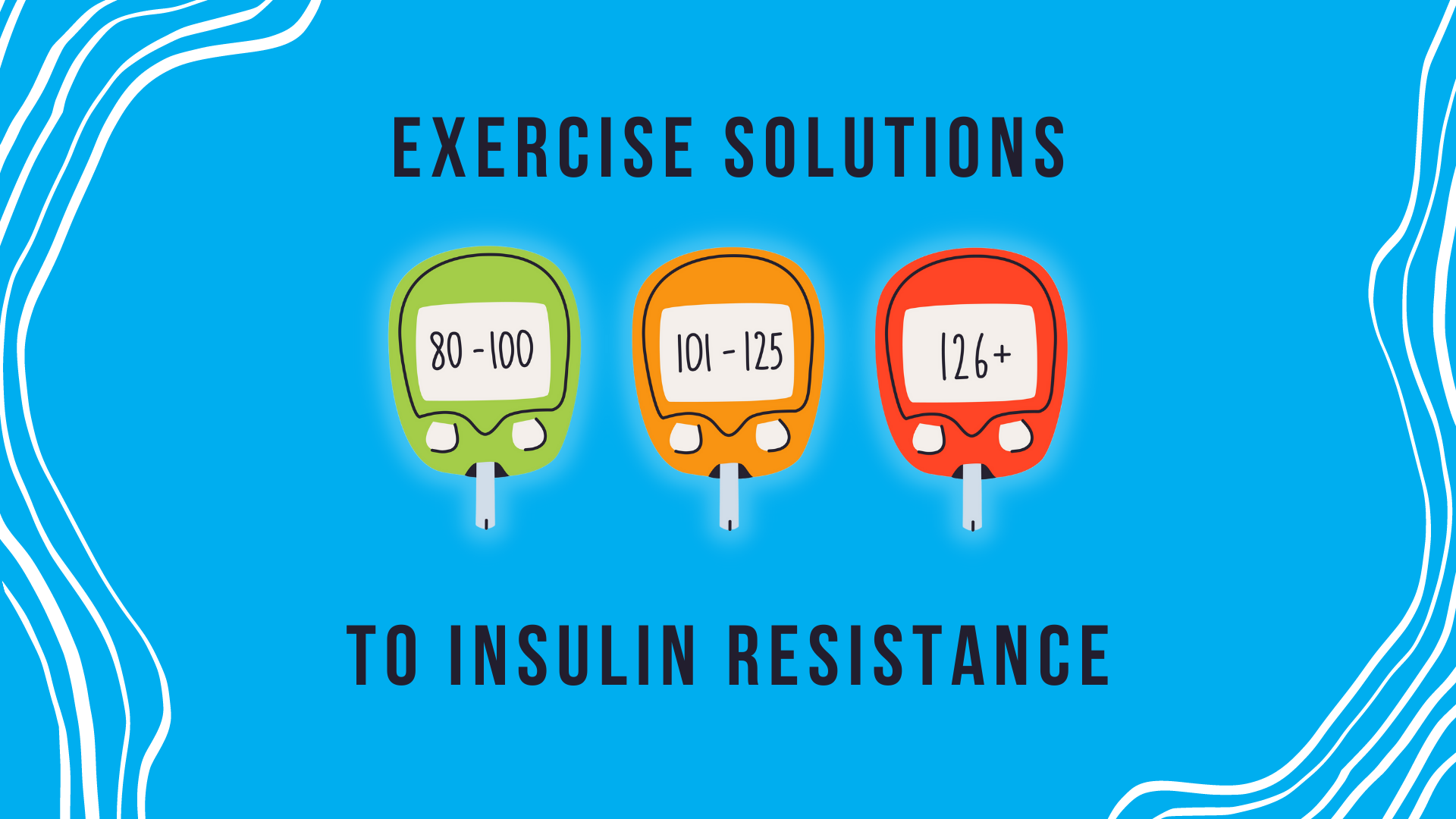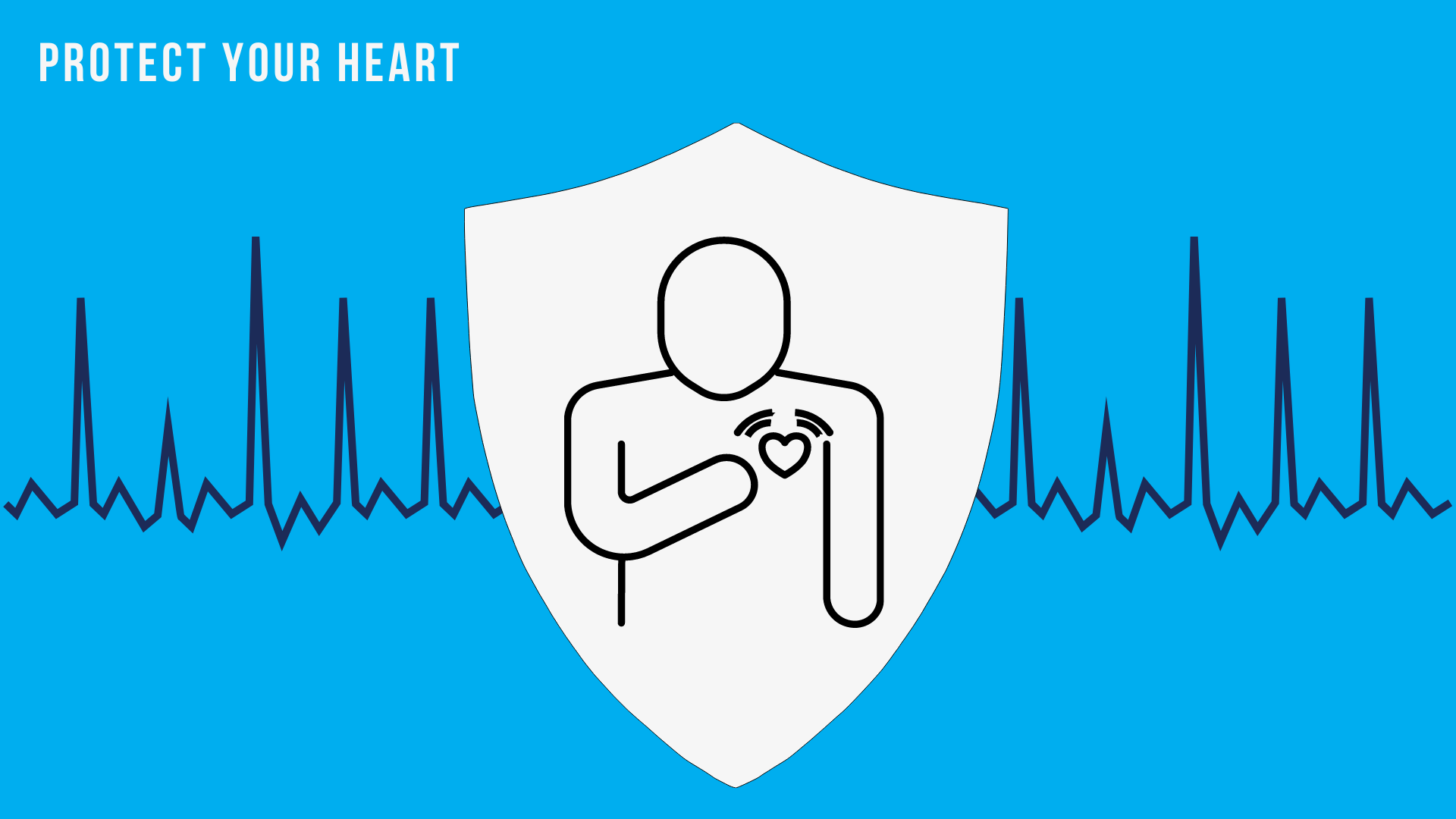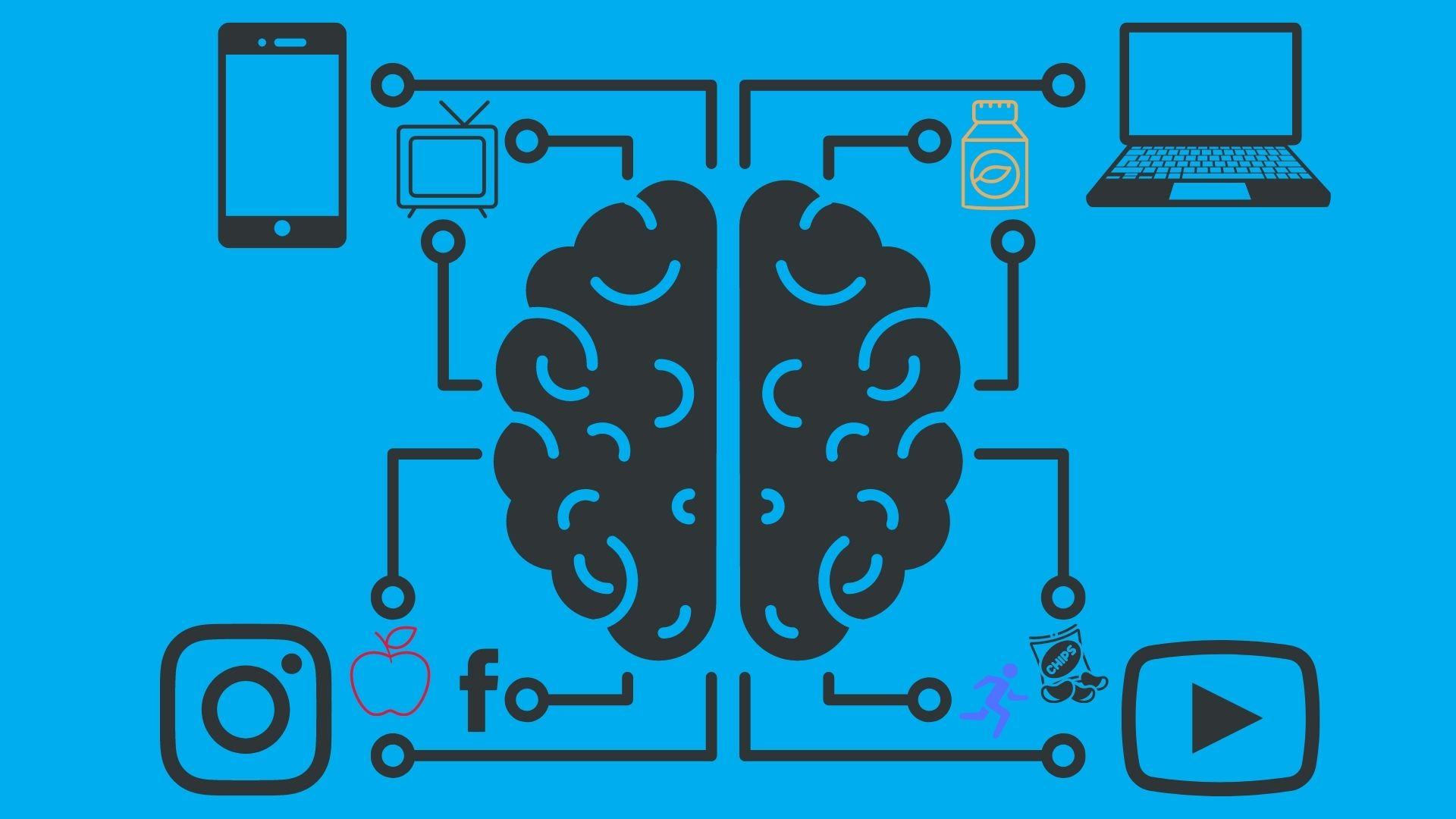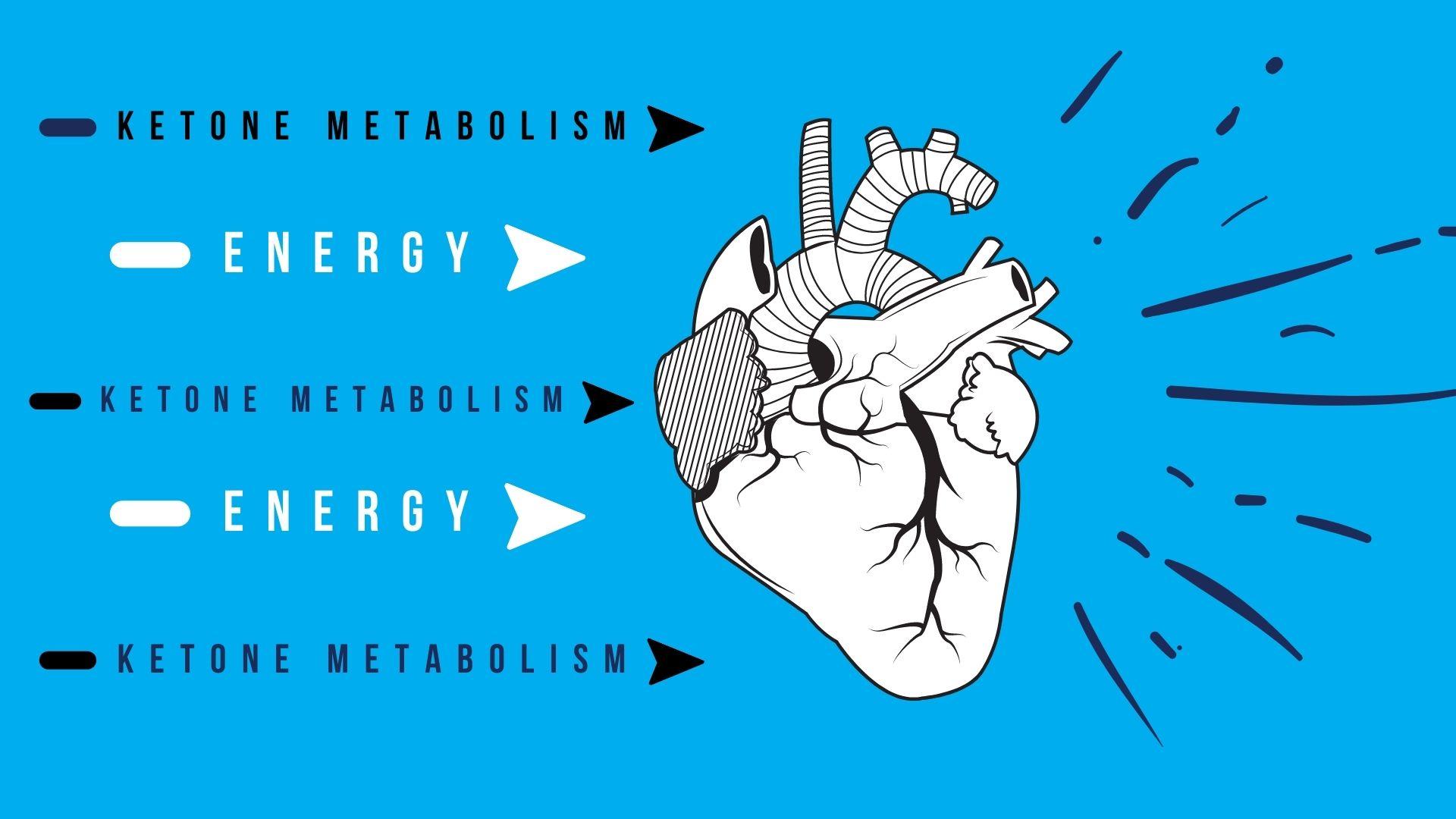Healthy Lifestyle Topic of Interest
Health insurance deductible? 3 things you need to know about the cost and value of diagnostic testing.
Should diagnostics save your life or improve your life? How much should they cost?
I know, this question uses semantics. Six of one, half dozen of the other type thing. Your life being saved is an improvement, obviously. But my readers are more nuanced than that. My readers understand that quality of life matters and living close to your “100%” makes your life energized, vibrant, mobile, enjoyable and more.
Sounds obvious, but most people are just waiting for the shoe to drop on their health fulfilling some family history prediction requiring expensive, costly measures to dodge a bullet or ease the suffering or survive the surgery. Culturally we say one thing and do another, that’s the “90%”. 90% of the people know what to do and they don’t come close to doing it (see the definition of ‘cognitive dissonance’) Don’t be in the 90%, my audience is the “10%” of the population who want something better.
If you want the quick down and dirty takeaway to this article. Here are the big points to take away.
The cost of diagnostics is not advertised and you are not made aware of the cost until after the test was performed and you are experiencing sticker shock staring at the bill.
Many laboratories have a completely different fee schedule for out of pocket expenses than what they charge insurance companies. In many cases the difference is 70-90%. I know what you are thinking, this should be illegal. Well it is.
But that does not prevent the existence of loopholes. A loophole is a work-around that is legal. This is why there are no postings of the fees in a diagnostic facility, the way a restaurant has a menu with prices. I do not have a solution to this problem but most doctors who are functionally trained understand where to send you to take advantage of the 70-90% savings that would make the large deductible more your health insurance has more tolerable and would change your calculation about what is and is not worth paying for.
Diagnostics are as good as the interpretation of their meaning.
I know this sounds obvious, but if the same diagnostics are used by one doctor to detect disease early, the same diagnostics, viewed differently can detect changes in physiology that increase risk of progressing current or future symptoms and reducing quality of life.
Ask yourself. Do you want early detection of disease or improved or even stellar quality of life now, with the added benefit of reducing the risk of needing to detect anything early.
Interpretation of their meaning will dictate the recommendations.
If you think the recommendations are going to be simply “eat right and exercise” you underestimate the power of subtle inexpensive diagnostics ability to be specific for you personally. The recommendations have to result in both objective and subjective improvement.
Does your doctor provide quality of life value in addition to early detection of disease?
Quality of life value is not taught in medical school. I don’t think that is up for debate. It’s common knowledge that after 4 years of medical school, the number of hours spent on nutrition can be as low as two hours. Yes, you read that correctly, it’s not a typo. I assure you that there is no exam or grade that would reflect how much of that two hours was absorbed. I am being factually accurate with these statements, not cynical.
Quality of life value would require extensive post graduate education and experience in subject matter that in many ways goes against years of professional education.
Out of pocket expenses.
Understand that your health insurance (either government or private) is not interested in paying for you to increase your quality of life. Just as your car insurance does not care if your change your oil. Does changing your oil extend the life and quality of your car? Yes, it does. So be prepared to spend money on your health.
You more than likely have a deductible anyway. And if you are like most people, it’s a pretty sizeable amount of money. Consider your deductible an annual expense that can be used for quality of life, rather than early detection.
Want more clarification? Read on!
What is worth paying for?
Where expense is minimal, and value is very high. The key to the high value is not only in the data that the test provides. The value is in the interpretation of the data. This is not so obvious in our current medical environment.
- Have an appointment with a doctor who has the proper training in functional health assessments in order to make proper recommendations and apply meaning to the findings on your tests. A doctor who makes recommendations that will contribute to improved performance, disease reversal or health improvements that are tracked and measured over time.
- Depending on demand, training and experience a typical comprehensive visit with a functionally trained doctor will take at least one hour and they typically charge by the hour. Fees vary.
- Laboratory and Blood tests that are meaningful to make simple connections between chronic symptoms, like fatigue, pain, inflammation, digestive issues etc. Routine blood tests help us discover metabolic changes that can become very serious disease processes in the future and have no symptoms whatsoever.
- Routine blood tests are very affordable and give valuable information. Speak with your functional provider and they will be able to direct you to laboratories that can provide a wide array of blood tests for minimal expense. In many cases these laboratories can provide tests from $20-$300. The very same tests (and laboratories) that are getting paid $500-$2500 from insurance companies.
- Specialty lab testing that looks specifically at the immune system and possible loss of tolerance to common food proteins that can lead to autoimmune challenges that are so common these days. Loss of tolerance to food proteins are not the same as traditional food allergies. Testing negative for food allergies does not mean that your immune system is not having difficulties with food proteins. Most traditional laboratories are not equipped for this type of testing because the insurance industry has chosen to only recognize allergies as an issue and not food sensitivities. The good news is that the tests are not very expensive.
- Cardiometabolic testing. You may have seen this type of testing performed on athletes to see how efficient their heart lungs and muscles are when they are training for an event. However, this type of testing can be crucial to provide key insights to why individuals hit plateaus with weight loss or gain all of their weight back after working so hard to lose 20 lbs. or more. Cardiometabolic testing can provide information about
- Weight loss goals and avoiding plateaus or reflex weight gain (like we see with all of the biggest loser contestants)
- Can help to determine the best make up of your diet so that you can avoid pitfalls and even injury.
- Can determine postural efficiency and even predict lower back or spinal injuries based on postural energy expenditure.
- Cardiometabolic testing (with the proper technology) is a far better predictor of a future cardiac event (MI, heart attack) than EKG, cardiac stress tests, echocardiogram, blood tests, etc.
As a matter of fact, its second only to nuclear stress testing which is very expensive, requires the use of harmful ionizing radiation and is typically not performed unless you have already had a cardiac event. Or you are at least a great risk based on other testing, family history and symptoms (angina).
The top reasons to get a cardiometabolic test to determine cardiac risk:
- For over ⅓ or 33% of heart attacks, the first symptom of a problem is death. Yes, you read that correctly. Angina or chest pain is never experienced.
- Cardiometabolic testing is 90% accurate at predicting events as nuclear medicine. Treadmill stress testing is less than 50% as accurate.
- Cardiometabolic testing of this nature can be between $250-$400.
- No Radiation required. Testing can provide insight into specific diet and lifestyle changes to further reduce risk.
If I hear of another story of some person my age, clutching their chest for the first and last time in an airplane, subway, walking their dog, etc. I am going to scream. This is unnecessary. Cardiovascular disease is the number one cause of death, by far, and the disease can start at an incredibly young age.
Health care costs:
A term that is usually used in the context of the ‘national cost of healthcare’. Sure, it’s something people should be concerned about, but it typically is in the hands of politicians and I don’t have the time or desire to delve into all of the problems associated with ‘all that’.
Let’s talk about what’s important to you. Your personal health care costs as it exists today. Chances are you have ‘health insurance coverage’, 90% of the American public is technically insured but so many millions are ‘NOT’ practically insured, sometimes called underinsured.
The real cost of healthcare to YOU!
Chances are you have a significant deductible. I have to pay $10k out of pocket before my insurance company kicks in with payments but then I am covered 90%. Mine is a catastrophic type policy and I prefer to have such a plan. Many of my patients have deductibles ranging from $1k – $5K on average. If being healthy and living well today, vibrant and happy, is not motivation enough to understand more about what makes us healthy or sick then at least yours and your family’s financial security can add a layer of motivation.
The best doctors…
Are the ones that can inexpensively determine future risk with accurate markers (proven data and research driven markers of health) that have simple solutions that do not require medical intervention, but rather, require subtle lifestyle adjustments.
The best patients…
Are the ones who take a little time to become ‘experts in themselves’. No, we are not asking you to become a pseudo-doctor. We are asking you to understand what is required for you to be as close to your “100%” as possible.
Regardless of your family history (not in your control). In the face of ‘bad genetics’ there is so much that you can do ‘for yourself’ and so little that your doctor can do ‘to you’. But that’s always the case, doctors do not restore your health, you do. Doctors have medication and procedures (surgery) in their treatment tool box. These are two classes of treatment that do not restore health. We could argue about the nuances of these statements but if you want to argue why you don’t have to do anything for yourself until a doctor says you need to take a pill or have a surgical procedure, then there is no point in reading further. Good luck!
Diagnostics
What doctors have at their disposal that can make all the difference in the world are ‘diagnostic tests’. A big subject, but the point to make here is that non interventional diagnostics are, for the most part, the hero procedures of healthcare. Detecting disease early has great lifesaving utility, obviously.
However, using incredibly inexpensive subtle diagnostics to detect changes in health direction or risk, before it is necessary to intervene medically is the real ‘quality of life’ saver that can alter your future course. The goal is to make the need for medical procedures like surgery and chronic use of medication unnecessary.
For Example:
A blood sugar problem is detectible way before fasting glucose and hemoglobin A1C (the gold standard for classifying pre-diabetes and diabetes). The idea of calling something prer-diabetes does a huge disservice to society at a cost that is astronomical.
Pre-diabetes implies that you are close to having a disease, and that if you don’t do something about it, you’ll get that horrible, expensive disease eventually. This is a ridiculous idea that is stuck in the heads of doctors, public health policy experts and society.
Pre-diabetes IS a disease.
It’s not a pre-disease. The risks of so many things going wrong skyrocket with the onset of rising blood sugar. You can be on the low end of ‘pre-diabetes’ for years with your doctor telling you “be careful or you’ll get diabetes” at every annual physical. You may never even get close to that ‘other disease’ called diabetes. But then here comes so many other problems, early dementia, sudden cardiac death, stroke, arthritis, chronic pain syndromes, autoimmunity and more. All either directly or indirectly attributed to the lifestyle that created the “pre-diabetes” you so successfully prevented from becoming diabetes. All the while your doctor goes to bed at night satisfied that his good work over his long career having prevented so many cases of diabetes.
Avoid being the 90% hoping and praying for hitting the genetic lottery. Be the 10% that make decisions based on not hitting the genetic lottery.



